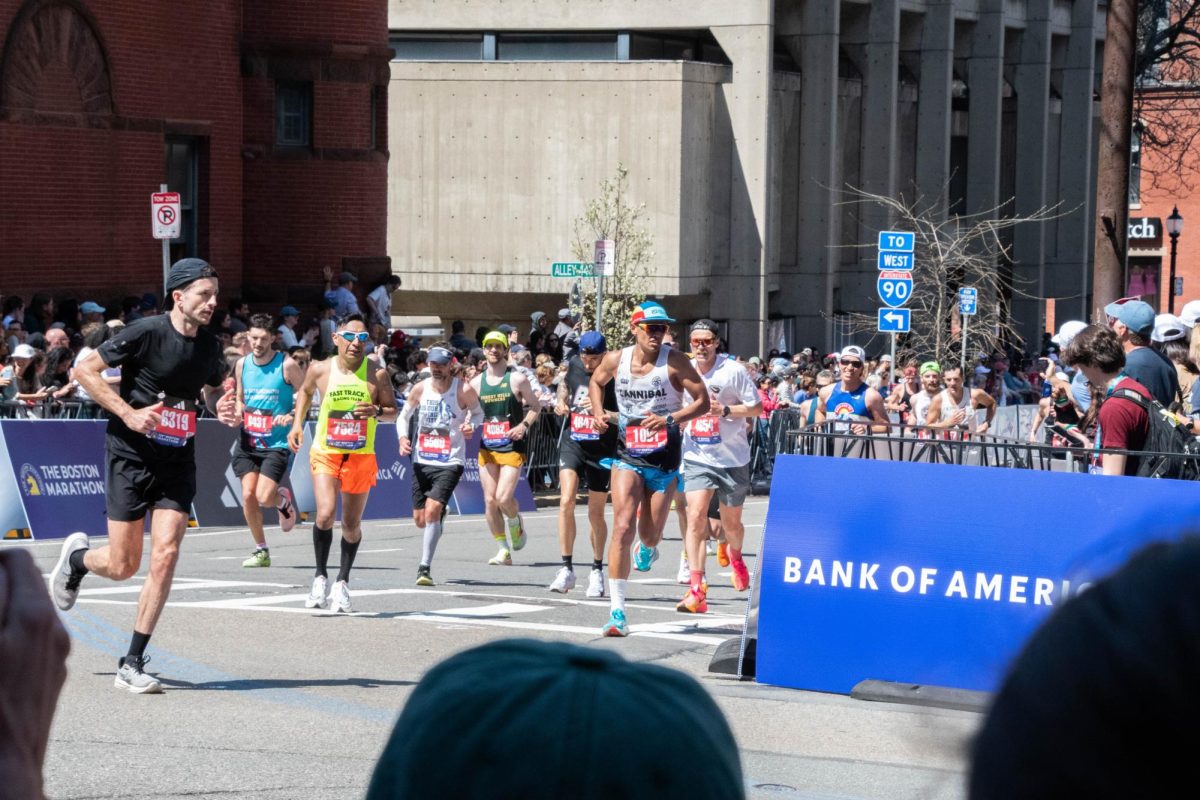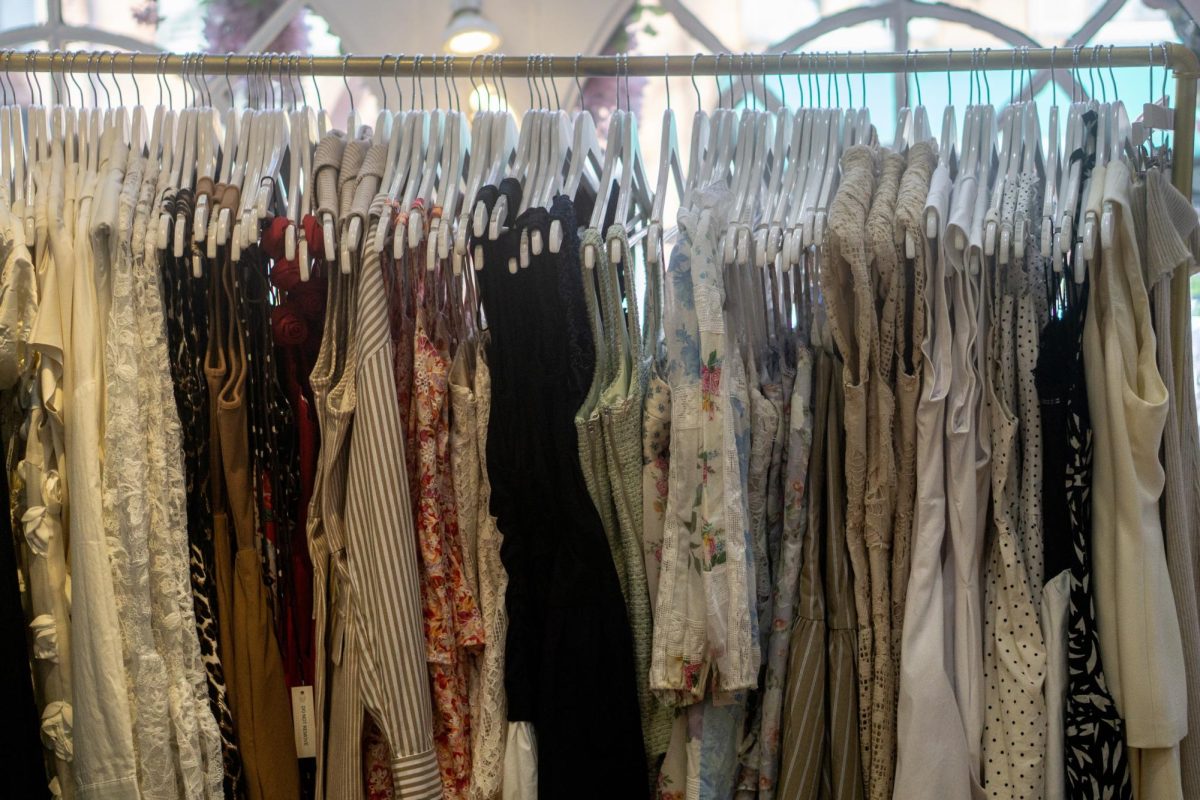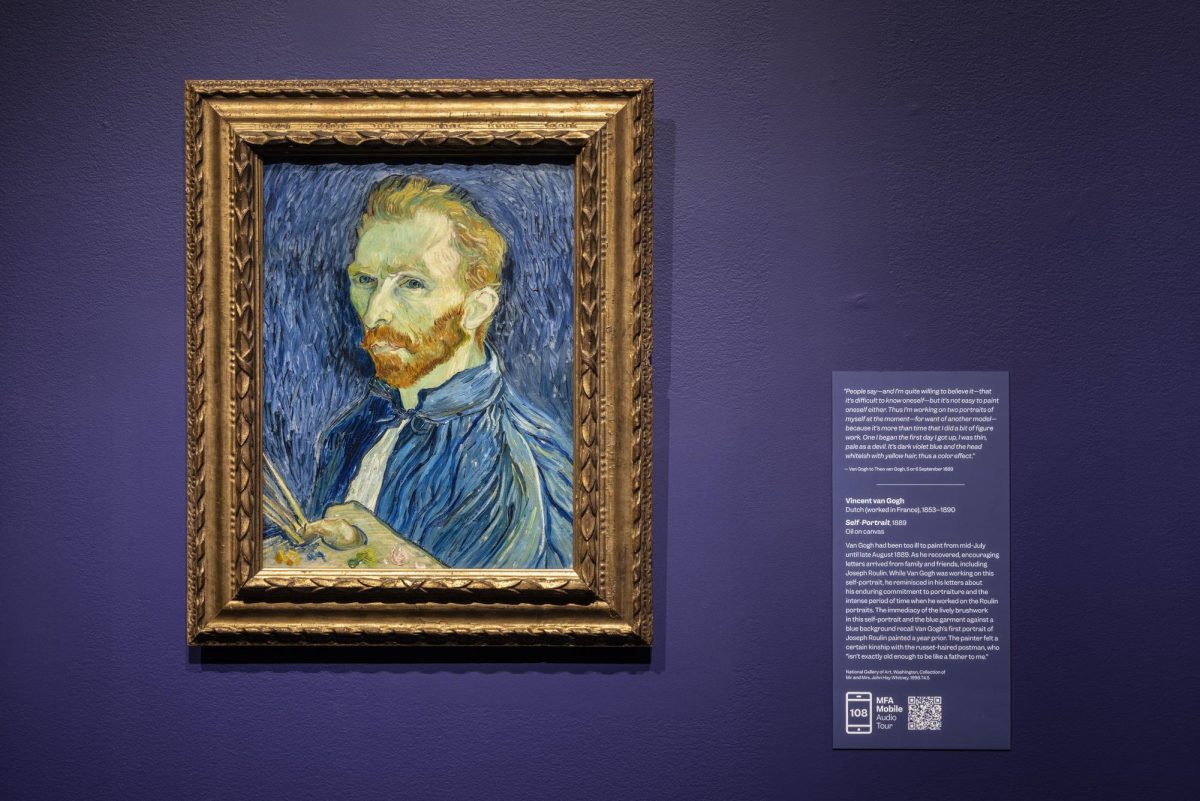By Vy Thai, A&E columnist
 Before I get started, I have to admit that about five years ago, I identified as a hipster. I took pride in my alternative fashion style and I was all about that 1990s nostalgia, which I still like today. But this was way before I actually grasped the meaning of what it really means to be a hipster.
Before I get started, I have to admit that about five years ago, I identified as a hipster. I took pride in my alternative fashion style and I was all about that 1990s nostalgia, which I still like today. But this was way before I actually grasped the meaning of what it really means to be a hipster.
Most often, stereotypes of hipsters include plaid shirts, vinyl records, man buns and a distinct vibe. Hipsters have been successful in making themselves unique so much that their entire persona itself is a stereotype. What seemed to be mere personal preference instead became indicative of an egoistic movement that completely rejects mainstream culture.
This hipster pride seems to be a self-fulfilling prophecy – an endless hunt for the next underground lifestyle in response to the old ones that have become mainstream.
Take a look at the hipster-centric fashion scene today. So-called hipster looks started to take over big-box retailers, such as American Apparel and Urban Outfitters, making ripped skinny jeans and faded 90s band t-shirts easier for the general public to purchase. Now, hipsters are annoyed that others can mimic the once hard to attain thrifted look that they created.
In this sense, the definition of hipster is irrelevant since it does not represent one’s choices and values. At the same time, it cannot be a standard that applies to basically everyone that shares some parts of the so-called hipster identity. In fact, many young people today that identify as hipster still like and support mainstream things instead of simply rejecting everything popular.
Most of us, myself included, have been guilty of hating someone or something just because it’s overly popular. An all-time favorite example is Justin Bieber. Some people used to hate him because of how popular he was, as opposed to hating him for his music. Some try too hard to fall in line with other hipsters and shut out popular things unnecessarily. One can like mainstream artists without disassociating from hipster culture.
Now more than ever, we can see a rising young generation that shares features with the hipster culture but does not necessarily self-identify as a hipster. At the end of the day, none of us are actually hipsters.














